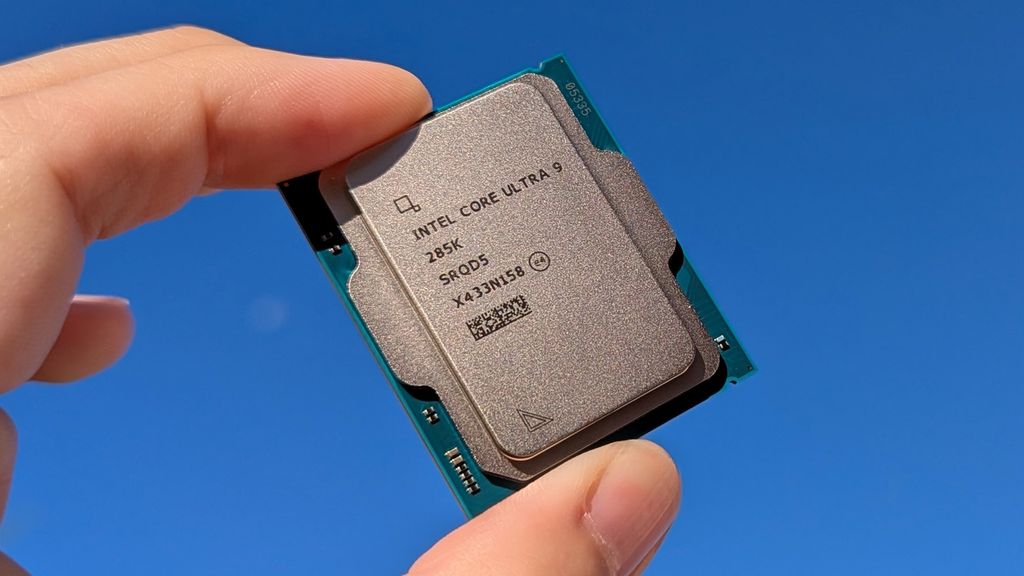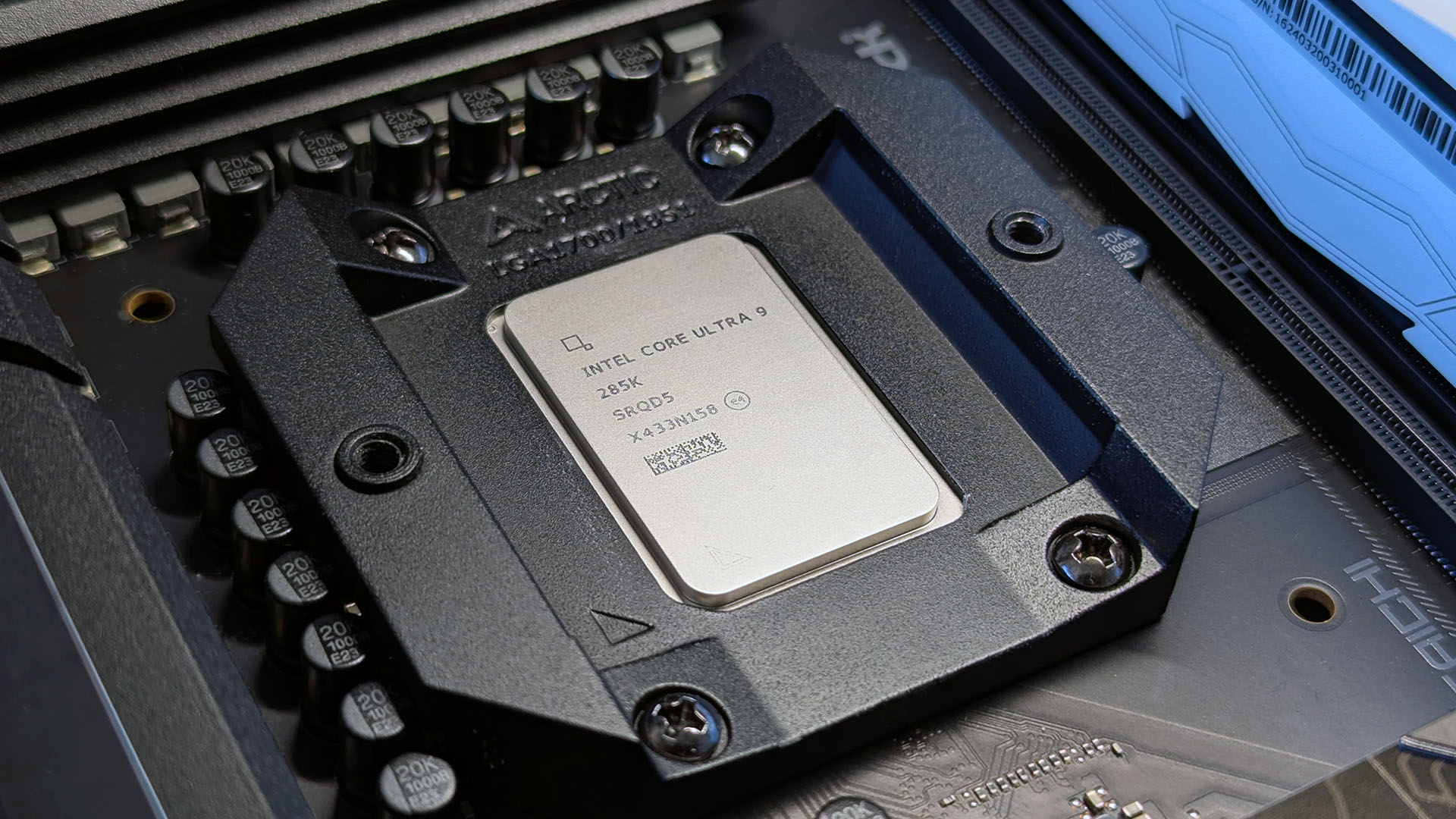Intel's Core Ultra 200S desktop CPUs didn't impress many with gaming performance at launch, but that wasn't by design.
Intel's "Arrow Lake" desktop AI processors were officially announced on October 10, 2024, following a lengthy delay. They arrive in five flavors, ranging from Core Ultra 5 through Core Ultra 9. We got our hands on CPUs from both ends of the performance spectrum, and following plenty of testing, it became clear that power efficiency was the target with these new chips.
As it turns out—revealed in a new blog post on Intel's website—raw gaming performance did not shape up as intended when the chips arrived in reviewers' hands. Intel has now concluded an investigation into the issue that began on October 26. Five major performance issues were discovered, and four fixes have already been pushed out via Windows 11 and BIOS updates.
Intel's five primary Core Ultra Series 200S fixes

Intel's Core Ultra 9 285K isn't performing as well as it should in gaming, but Intel has a few fixes. (Image credit: Ben Wilson | Windows Central)
Intel points out in its blog post that "editorial conclusions on gaming performance were more polarized, with noteworthy statistical variation from one article to the next." That aligns with what Windows Central Senior Editor Ben Wilson had to say in his Core Ultra 5 245K review:
"Intel's new Core Ultra Series 2 might seem unusual to some enthusiasts, with gamers expecting a generational leap that was never actually promised. Instead, we get a productivity breakthrough with a dedicated NPU finally making its way to desktops as power efficiency becomes the overall target in this generation."
Intel started investigating why gaming performance quoted by reviewers wasn't the same as what was seen in its own testing, and it's now wrapped up after discovering five primary issues.
Here are the five root causes with quotes pulled from Intel:
- Missing PPM Package: "Intel incorrectly scheduled this Windows Update package for user/retail availability, not reviewer availability." — Resolved in Windows 11 build 26100.2161
- Intel APO Could Not Take Effect: "The missing Intel PPM placed the processor into an aberrant state where APO could not take effect." — Resolved in Windows 11 build 26100.2161
- BSOD When Launching Easy Anti-Cheat Titles: "A known issue between Windows 11 24H2 and the April 2024 (or older) Easy Anti-Cheat driver bundled with PC games." — Resolved via an updated Epic Games Easy Anti-Cheat driver.
- Select Performance Settings Misconfigured in Reviewer BIOSes: "Consistency of VIP settings not sufficiently re-validated or enforced by Intel." — Resolved in BIOS updates for Z890 motherboards.
- New BIOS Performance Optimizations: "Intel has additionally identified a small selection of performance optimizations that are recently developed, or were not ready for the motherboard BIOS images released thus far." — Unresolved but expected to be fixed via BIOS update in January 2025.
The Core Ultra 200S lineup includes the Core Ultra 5 245KF, Core Ultra 5 245K, Core Ultra 7 265KF, Core Ultra 7 265K, and Core Ultra 9 285K, and it looks like these root causes can affect all chips.
- Mutton, Tzcon and DKT27
-

 3
3



3175x175(CURRENT).thumb.jpg.b05acc060982b36f5891ba728e6d953c.jpg)
Recommended Comments
Join the conversation
You can post now and register later. If you have an account, sign in now to post with your account.
Note: Your post will require moderator approval before it will be visible.